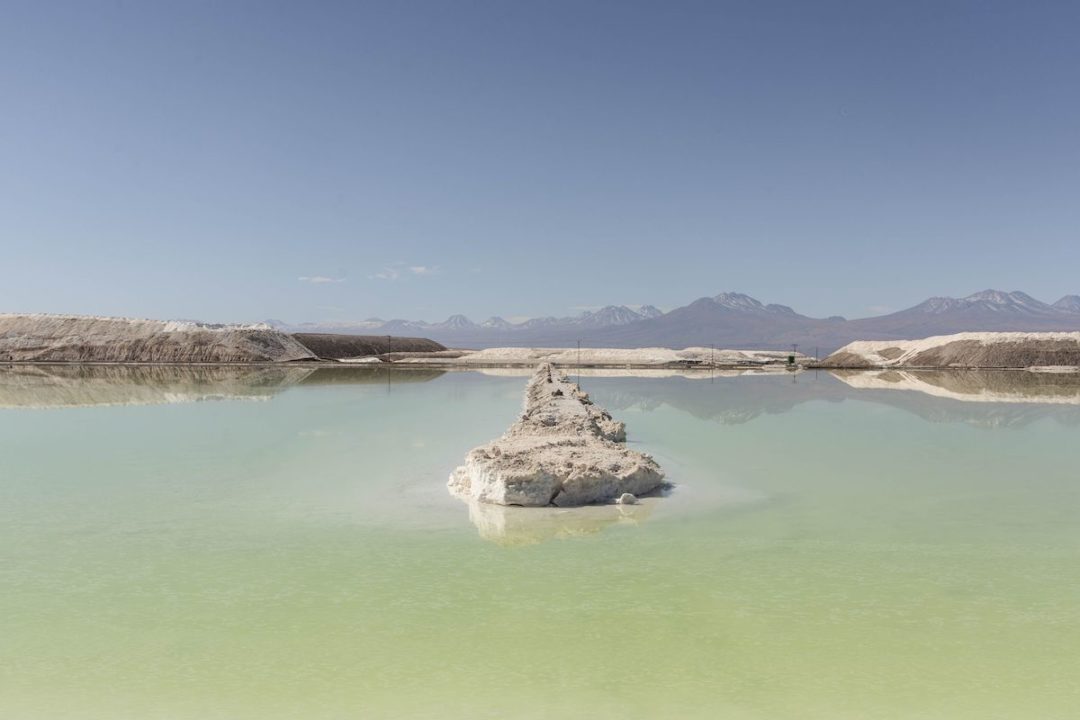
Photo: Bloomberg
Korean Battery Makers Eye Chile Lithium Projects to Supply U.S.
Lithium heavyweight Chile is drawing interest from South Korean battery makers interested in developing processing plants there, said the head of a government agency.
InvestChile, the South American nation’s foreign investment promotion body, has held meetings with representatives from multiple Korean companies, said the group’s executive director, Karla Flores. The companies are interested in helping Chile turn its vast reserves of semi-processed lithium into materials such as iron phosphate for rechargeable batteries, in part to supply the U.S. market, she said.
“A possibility is that Korean projects here export lithium cathode to the U.S.,” Flores said in an interview Thursday in Santiago.
Chile has been looking to leverage the world’s biggest lithium reserves to move further down the value chain. The Korean companies that have expressed interest in the country include Posco Holdings Inc. and SK Group and LG Corp., according to Flores.
Posco Holdings and petrochemical unit LG Chem said they are reviewing various investments or options in regions, including Chile, while battery unit SK On said it is looking closely at the country. All three companies said no decisions have been made.
In 2023, Chile granted Chinese firms access to preferential prices for lithium carbonate produced by SQM, the world’s second-largest lithium producer, for use in a cathode factory to be built in the country’s north. This quarter, additional lithium offtake — from Albemarle Corp.’s mine in Chile — is available for similar deals, with Korean firms showing interest.
Read more: Big Batteries May Save U.K. Power System Up to £24B by 2050
Unlike Chinese-run projects, lithium processed by Korean firms in Chile may qualify for U.S. incentives to diversify clean-energy supply chains. Chile, which has a free trade agreement with the U.S., has held talks with the U.S. at a diplomatic level about whether value-added products would be compliant, with initial feedback indicating they would, Flores said. Cathode projects in Chile may also process lithium mined in Argentina.
Contract Tweaks
In roadshows last year, 97 companies expressed interest in investing in Chile’s lithium industry — both upstream and processing — as the nation prepares to open up new production areas under a public-private model.
By end-March, the government will call for formal expressions of interest to develop extraction projects in smaller salt flats before determining which areas will be made available, Flores said. That will be followed by a bidding process, with contracts awarded toward the end of the year.
Authorities have modified their approach to the state’s role in some types of projects. While state-owned Codelco and Enami will partner with private firms on so-called strategic salt flats and areas where they already have land holdings, other projects could operate independently.
“Small salt flats that don’t have claims by Enami or Codelco could be developed directly by the private sector, making some kind of contribution to the state,” she said. In addition, Enami could take a minority stake in some projects even though they are deemed strategic.
